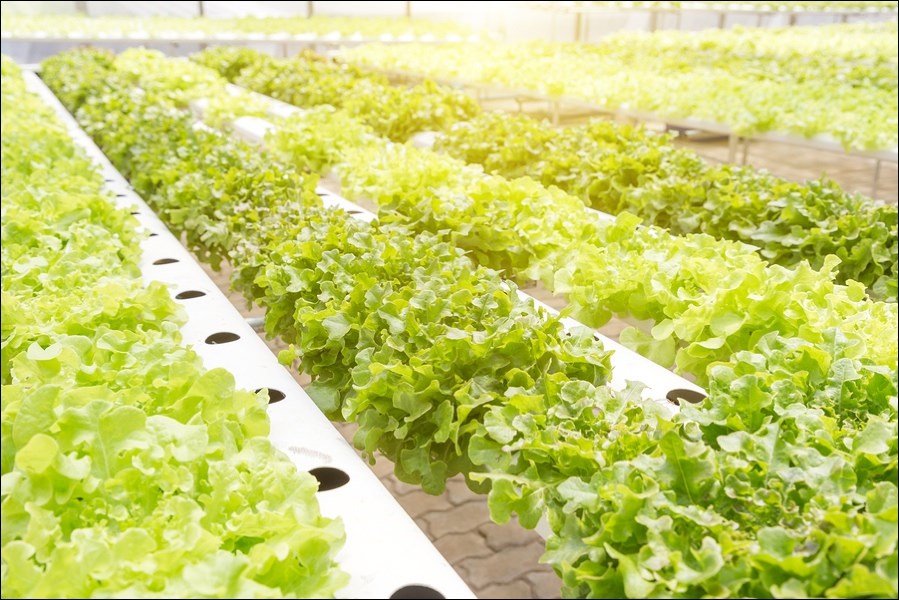A Creighton-based group hopes to grow two things – fresh food and fresh opportunities for people with developmental disabilities.
The group, tentatively called Northern Growing Abilities, is hoping to begin a hydroponic greenhouse to grow vegetables in Creighton.
The goal for the project is not just to provide the area with fresh lettuce or other leaf or flowering vegetables. It’s meant to help people who may otherwise be marginalized in the community, especially people with developmental disabilities.
Several members of the project’s eight-member board have children with developmental disabilities.
“We want as many people with intellectual disabilities working with us as possible,” said board member Diane Stadnichuk.
“There is 100 per cent exclusion for people with disabilities in our community right now.”
The proposal began as board members discussed ways to integrate disabled people into the community.
“That’s the whole point of this project,” said member Anita Rainville. During the day, Rainville works with kids who have developmental disabilities.
Most members of the team agree that not enough is being done to meet the needs of their children, adding that there are currently few places in Flin Flon, Creighton or any nearby communities for them to meet, to spend time or to work.
“It’s not just about having a greenhouse. It’s about the fact that our children, people with intellectual disabilities, need to be productive and employed and staying in this community, not having to leave. They don’t want to leave this community,” said board member Dianne Christianson.
“If we want day programming, we have to leave them or send them away. They can’t stay,” added Laurel Walker.
Amber Beaton is the mother of a seven-year-old child on the autism spectrum. She became involved because she wants to improve the quality of her own son’s life down the road.
“He is eventually going to be old enough to work. I’m concerned about his future. Where is he going to go?”
If the greenhouse idea bears fruit, the growing operation itself will use hydroponic equipment to grow vegetables, similar to how existing operations in The Pas, La Loche and Churchill have worked. The group used the greenhouse operations in The Pas and Churchill as case studies.
The project will be indoors and will have a storefront where vegetables can be purchased. Board members hope the project can expand to supply local restaurants and businesses, as well as expanding to include other under served groups.
“You want to get low income families involved in it, the schools, the seniors. You have to have everybody included to have a community, right? Everybody should be included. Everybody who is marginalized, that’s who we want to bring all together,” said Rainville.
Funding
The ideas are ambitious, but getting funding for the project may prove to be the biggest hurdle.
The group pitched Creighton town council on March 28 to see what help the town could provide for the project. While the pitch was well received, any further action still needs to be discussed in committee and no public announcement for support or funding has been made.
Plans for constructing a greenhouse revolve around either moving into an existing building and setting up operations there or using two Sea Can shipping containers on a serviced lot as a base.
Members have reached out to corporations, municipalities and governments for money to fund the project, but have not received full funding yet. Board members have looked into the idea of incorporating as a not-for-profit entity, but have not finalized the move.
“The President’s Choice Children’s Charity Fund approached the school in La Loche to build greenhouses in Sea cans, for employment there,” said Stadnichuk.
”I got word of it and I said, ‘Hey, we want the same.’”
Once established, board members hope to use whatever profits are raised through vegetable sales to expand and provide other services to the community.
“We will take any money we can find to get this built,” said Beaton.
“We want it to be self-sufficient. If it turns a profit, then we can put it into other programs for the kids.”
“There’s no place for them to go. There’s no drop-in centre, there’s no place to hang, there’s no nothing,” added Walker.




